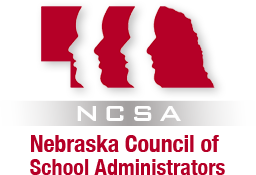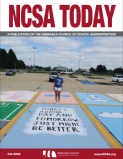Dr. David Engle
The local school board is a unique, grassroots American institution. The model of the locally elected school board is common throughout the United States and Canada. Although there are variations on the model, the locally elected school board is the ultimate authority for public school governance in the community served by those schools. Elected school board members, once considered holders of stable positions, are increasingly finding it difficult to reconcile the diverse, contending interests of their constituents in a rapidly changing society. This study gathered and described the data associated with incumbent school board member defeats in the State of Washington for the 1995 general election. This study utilized a survey instrument called the School Board Election Issues Inventory to gather information regarding incumbent school board member election defeats in the sixty-two districts in Washington State where incumbents were defeated. Data gathered in the cours! e of this study were used to describe the issues affecting the outcome of school board elections in the State of Washington in 1995 and the influence of these issues on incumbent school board member election defeats; groupings of factors that may have contributed to the incumbent school board member defeats which were not selected from the listing of issues in Section I of the School Board Election Issues Inventory; campaign factors affecting the election outcome, unique conditions or demographic factors that may have contributed to the incumbent defeat, and a comparison of the 1995 election results with data compiled during the previous six school board elections in Washington State. As reported by district superintendents in those elections where incumbent board members were challenged and defeated, four issues were found to be most influential in those defeats. These were, in rank order: (1) a lack of action or visibility on the part of the incumbent school board membe! r, (2) negative relations between the incumbent school board m! ember an d the community, (3) conflict between the incumbent school board member and organized interest groups, and (4) the board members stance on issues such as boundary changes or district focus.

























